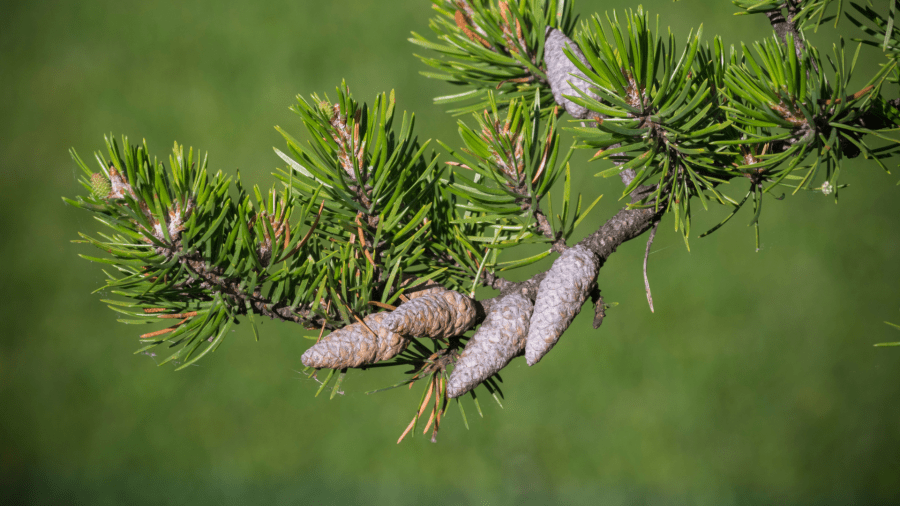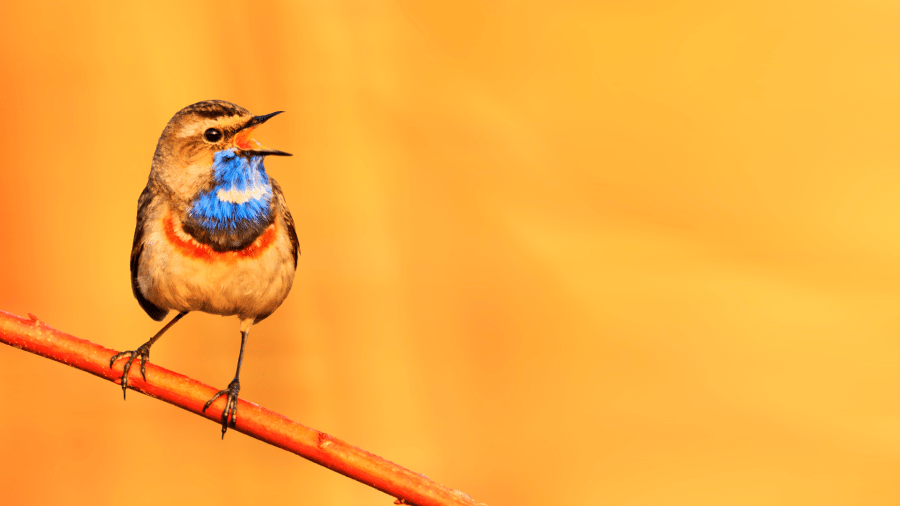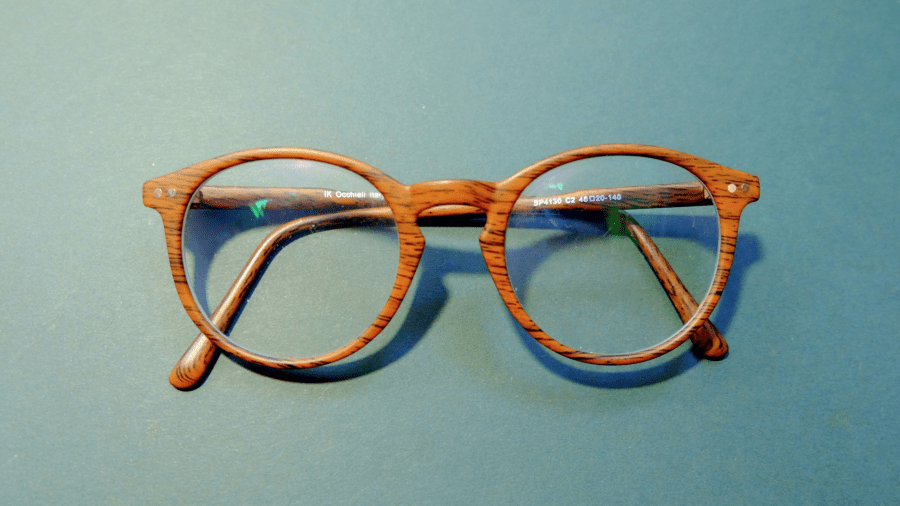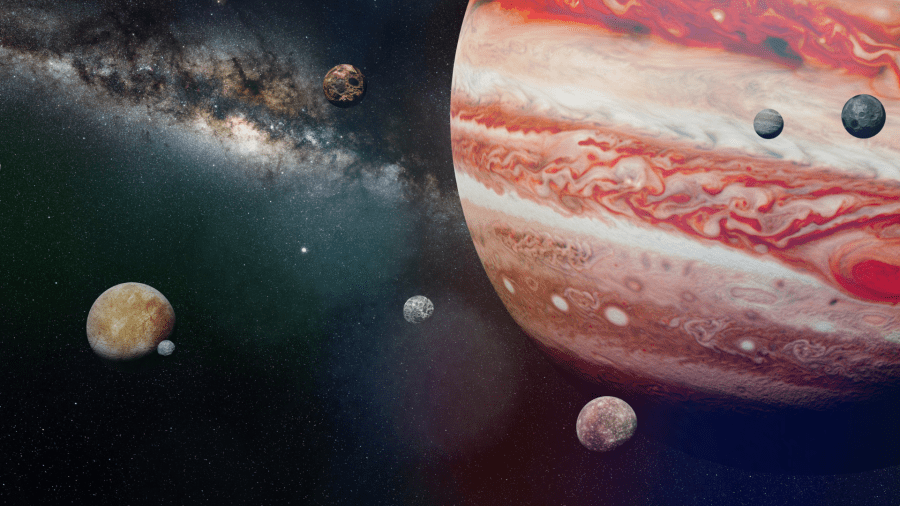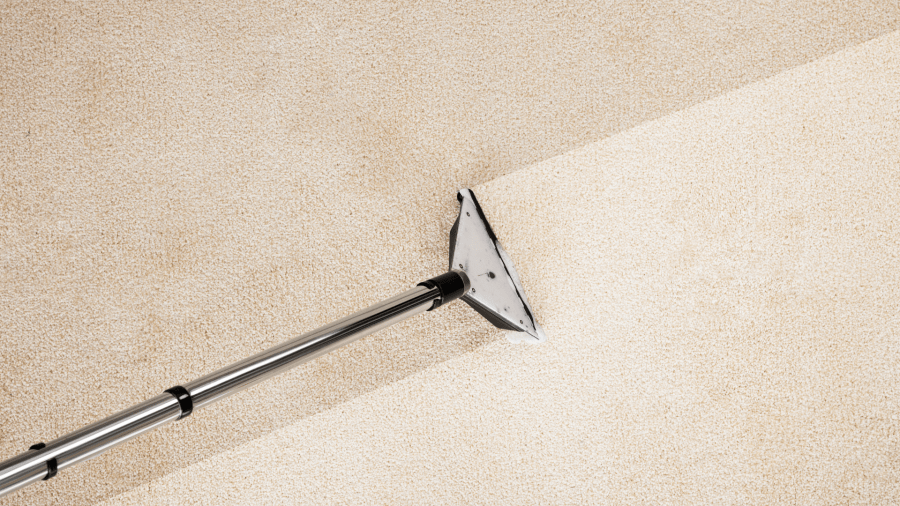The man with the third ear lives on Canal Street and is used to curious stares, children pointing, and the occasional rude remark. He isn’t bothered in the least. He understands the blessings of a third ear, and his is a highly skilled worker. His third ear hears only truth. Growing up, he heard the truth of his mother’s love in that ear as she sent him off to school with a reminder—kindness above all else. He heard the bark of his best friend, Dog, who waited on the front lawn for his return. He heard his father’s late-night apology to his mother—another missed dinner—and he knew his dad was truly sorry. As the boy grew into a man, he still heard truth in his third ear, only less of it. He heard nothing in that ear when he watched the news, or when he traded fishing tales with his pals. He heard nothing from his wife, and while that saddened him, it made the divorce easier. She left him for a two-eared bartender. Now, the man with the third ear takes long walks in the jack pine forest and knows to stop and listen when he hears a Kirtland’s Warbler sing. A rare bird is worth waiting for.
Ann Weil is the author of Lifecycle of a Beautiful Woman (Yellow Arrow Publishing, 2023). Her work has been nominated for a Best of the Net and appears in Pedestal Magazine, New World Writing, Crab Creek Review, 3Elements Review, and elsewhere. A former special education teacher and professor, Ann writes at her home in Ann Arbor, Michigan, and on a deck boat off a sand bar in Key West, Florida. She is part fish, but won’t tell you which part. Visit www.annweilpoetry.com to read more of her work.

